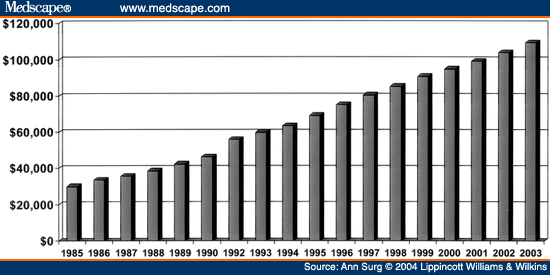- Joined
- May 17, 2005
- Messages
- 178
- Reaction score
- 1
I just got a finaid package in the mail, and aside from $24.5K in the form of a unit loan (yay...  ), I got significantly less grant-based financial aid than I did during undergraduate. I'm having a hard time even processing the sheer scope of the money involved in financing my medical education right now, but I have one specific question.
), I got significantly less grant-based financial aid than I did during undergraduate. I'm having a hard time even processing the sheer scope of the money involved in financing my medical education right now, but I have one specific question.
On top of the unit loan and meager grant-based aid, it appears that my expected parental contribution is $5K/year more than what is expected of me from my senior year of undergrad. Have most of you found the same to be true? If so, is the discrepancy as large?
This is my first medical school finaid package, so I don't really have much ability to compare yet. Thanks!
 ), I got significantly less grant-based financial aid than I did during undergraduate. I'm having a hard time even processing the sheer scope of the money involved in financing my medical education right now, but I have one specific question.
), I got significantly less grant-based financial aid than I did during undergraduate. I'm having a hard time even processing the sheer scope of the money involved in financing my medical education right now, but I have one specific question.On top of the unit loan and meager grant-based aid, it appears that my expected parental contribution is $5K/year more than what is expected of me from my senior year of undergrad. Have most of you found the same to be true? If so, is the discrepancy as large?
This is my first medical school finaid package, so I don't really have much ability to compare yet. Thanks!



 yeah I wasn't meaning to support me "literally", he probably wouldn't any more then, then he is now lol
yeah I wasn't meaning to support me "literally", he probably wouldn't any more then, then he is now lol